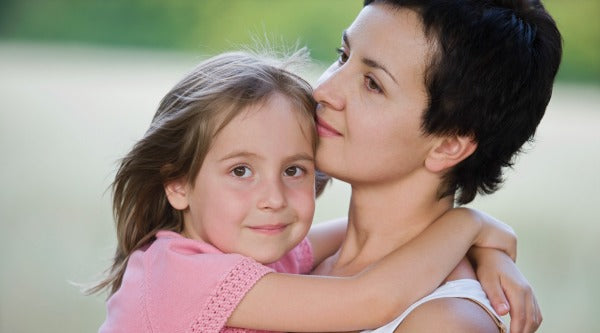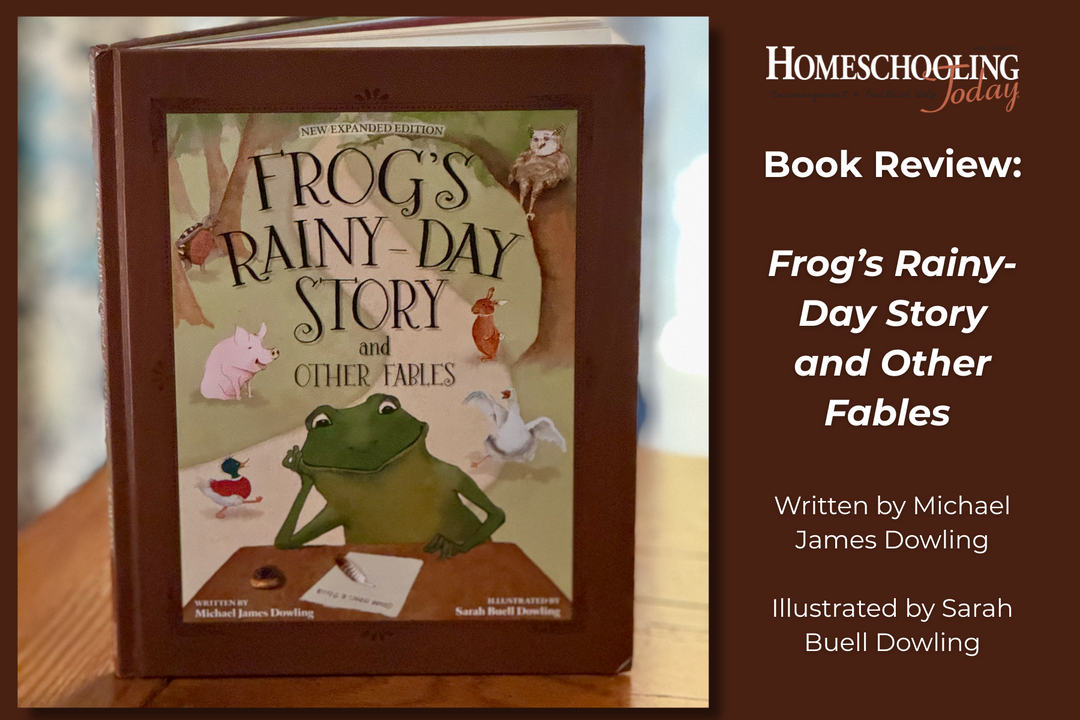Keeping Children Safe from Bullies…or Worse

Nothing is more important than keeping children safe.
"A mother's love for her child is like nothing else in the world. It knows no law, no pity; it dares all things and crushes down remorselessly all that stands in its path." -Agatha Christie
I’ve been a mother for over 28 years now. During this time, my children and I have been in minor car crashes (with me driving and them – new drivers!) and we’ve come pretty close to experiencing a more serious one a couple of times. I’ve taken my kids to the emergency room for broken bones, other serious injuries, and scary sicknesses, and once I watched my oldest daughter go into convulsions and nearly into shock after slipping on some stairs as a young girl. Add sliced fingers, bleeding head wounds, and a couple of concussions, and I wonder how I’ve made it this long without fainting once!
It’s amazing how mothers can endure witnessing their children’s injuries or sicknesses with tremendous courage, calm resolve, and trust in God, again and again. However, I haven’t met a homeschooling mother who doesn’t become passionate in her fierce desire to protect her children from emotional, physical, or sexual harm caused by another person. Talk to a mom whose child is the subject of ruthless bullying, and you will see her transform from a calm, gentle woman into an angry boxer with gloves on. If she is concerned that her child is facing even greater danger, she will become a wild, raging bear. I’ve been there, and I know many other mothers who have as well. That’s how God made us. Dads too, and it really is a good thing. Our love for our children and our deep desire to protect them is a gift from God. Thankfully, in God’s mercy, most of us will only have to contend with the average childhood sickness, a few broken bones, and perhaps the occasional unkind word spoken to our child. The reality of living in a broken, fallen world, however, means that we can’t completely protect our children all of the time. Just as we can’t always keep our kids from getting sick or physically injured, we also aren’t able to guarantee they will never suffer harm at the hands of another.
How To Keep Children Safe
In light of this reality, what are some things we can do to more intentionally protect our kids? And how can we posture ourselves to parent boldly, yet with faith and trust in God, should harm ever come to the precious children He has placed into our care? The following list is not comprehensive or definitive. It is born out of a prayerful desire to help parents find a balance between being wise, cautious, and discerning, and trusting that God is sovereign, holy, and good. I hope it brings meaningful encouragement to you! 1. Start with information – Not just becoming informed about how kidnappings commonly take place (for any age child) and how online predators suck kids in, but even more importantly, about how God sits on the throne over all the earth, how He defends the helpless, and how He can rescue those in danger. In our desire to protect our children, it can be a natural tendency to be overly fearful. We must be aware that God is strong and mighty, and He loves and looks out for our children far more than we are ever able to. To avoid living in fear, we can first look to the Scriptures to become wordly wise, and then learn about what’s happening out there in our culture to become worldly wise.“For the Lord gives wisdom; from His mouth come knowledge and understanding.” -Proverbs 2:6
2. Know your children well – How are your kids’ personalities wired? For instance, do you have a child who is so independent, he has a hard time listening to words of caution from mom and dad? (I had at least one of these.) Do you have a child who is a man pleaser, and therefore, potentially vulnerable to the emotional pressure someone else might put upon him, i.e. to do something foolish or dangerous? (I had at least one of these, too.) Maybe you have a child who just doesn’t seem to be too observant, or one who seems to fear nothing. (I definitely had one of those!) Just knowing our children’s tendencies will aid us in being better protectors. 3. Concerning older children - Beyond making observations, which you can do better than anyone, also ask older children questions that might help you learn what motivates their behavior. What’s most important to their sense of identity? Feeling loved, in control, or popular? (Learning how to ask your teen/pre-teen questions is a whole topic for a future article. Look for it in the next issue!) Because the heart drives behavior, children who are looking for affirmation or a sense of identity from peers or others may unknowingly place themselves in a relationship that is harmful. Understanding what drives them will help you as you pray for and guide your young adults away from harm. 4. Talk about potential dangers with your children – You don’t have to be an alarmist or go into a lot of detail, especially if they are younger, but your kids can and should learn early on to be aware of their surroundings. Teach them to be observant. Also provide them a few strategies in their arsenal to help them retreat to a place of safety if they ever feel threatened. Giving your children a non-data but text-capable cell phone might be an option. They may feel safer with it, and you might have a greater peace of mind.“The name of the Lord is a strong tower; the righteous runs into it and is safe.” -Proverbs 18:10
5. Don’t assume that every relationship your family has is completely safe – Don’t live in fear, but do be perceptive. Create an environment where your kids can come to you, any time, for any reason, if they ever feel uncomfortable around anyone, in or outside of your family. You’ve heard some of the stories, I’m sure, both in the church and in the homeschooling community, where young women, girls, and boys have been taken advantage of. Do what you can to prevent that from happening to your children, and don’t hesitate to take steps to protect them. 6. Affirm your love and require accountability – Speak of and demonstrate your love for and total support of your children often. And when you learn what vulnerabilities they may have, gently talk to them about why you are setting up hedges of protection and how you are going to hold them accountable. There will be common precautions to take for all of your children, but you may need to give additional boundaries to some of them, depending on their age and maturity. 7. Show them God is real and holds them in His hands – Pray regularly for and with your children. Look to the Lord to protect your children, and they will learn by your example to also look to the Lord for safety. You both will have greater peace by acknowledging His active work in watching over you all.“Like a shepherd He will tend His flock, In His arm He will gather the lambs and carry them in His bosom; He will gently lead the nursing ewes.” -Isaiah 40:11
8. Let your children know you are there for them – If, God forbid, one of your children has been in a situation that was scary, dangerous, or harmful to them, they may feel alone or ashamed. They may even feel they are to blame for what happened. Lovingly, graciously invite your children to share their experience with you. Let them know you won’t be upset or shocked, no matter what they’ve gone through or may be struggling with. You should be the safest person in the world to them. Affirm that you aren’t leaving them alone in their pain; you are going to walk with them through whatever situation they are in, with God’s help. Remind them also, that God can heal them and that they are precious, regardless of what may have happened to them. 9. When to go to the authorities - I realize reporting an act of violence or sexual assault may be difficult, especially if the one who has violated your child is a family member or close friend, but it is the right thing to do. You owe it to your victimized child to report the abuse. Ask God to help you see that the authority He has placed over us can be used by Him to bring about good in the life of the violent offender or abuser. Sadly, some Christians have not been a good example of doing this. Far too many times, someone in leadership in the church or in the homeschooling community has covered up violence or abuse. Don’t be that parent. Finally, if you are a parent whose child has experienced serious harm at the hands of another, I am so sorry. I’m sorry you’ve had to endure pain like you’ve never experienced before. I’m sorry you have had to see your child suffer, a suffering I know you would have moved heaven and earth to prevent. I’m sorry that you cannot turn back the hands of time. I wish I could put my arms around you right now. I know what it feels like to be victimized as a child, and I know what it’s like to watch a child suffer from being used by another person. It’s excruciating. But I also know, friend, that there is help, and hope, and healing in the Lord Jesus. May He be with you, to lift your heart, to comfort you, and to speak His Word into the deepest part of your being and give you life.“This is my comfort in my affliction, that Your word has revived me.” - Psalm 119:50
____________________________________
This article by Tracy Klicka MacKillop was originally posted in the Fall 2016 issue of Homeschooling Today Magazine. Subscribe today!










